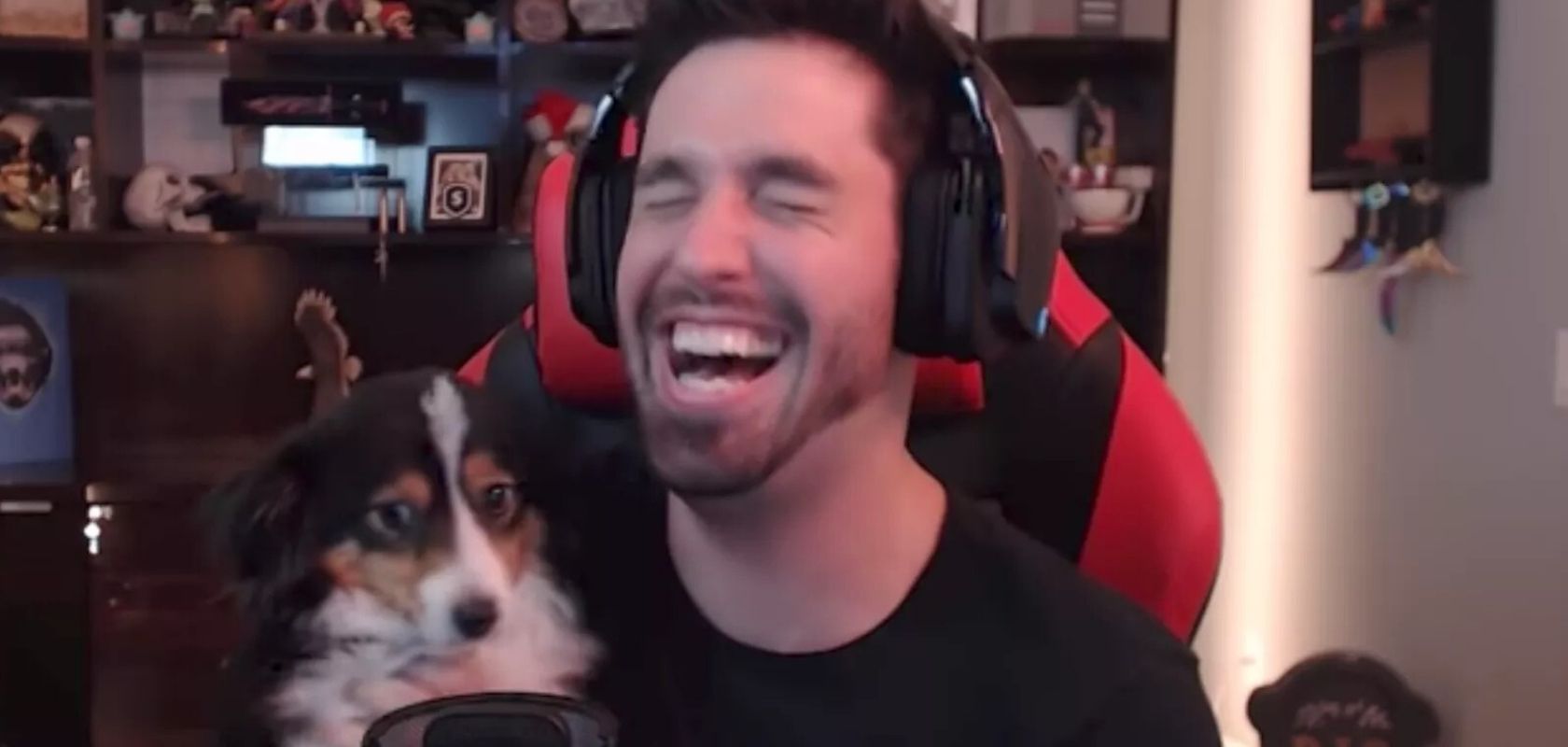Amazon-owned streaming giant Twitch has lost an appeal before a court in the US that originally ordered the platform to pay damages to a banned streamer.
James “Phantoml0rd” Varga is a former Counter-Strike steamer on Twitch, banned from the platform in July 2016 allegedly for making money by allowing players to gamble with skins from the game on own his own site.
Twitch’s reaction was to delete Varga’s channel from its platform, citing a breach of terms of service. In effect, the giant was looking for ways to enforce its new set of rules, looking to prevent any attempt of broadcasters promoting their own sites that allowed them to earn money, without fully disclosing their status first.
Counter-Strike developer Valve soon joined in the fray, to threaten legal action – and the channel eventually went offline.
But the streamer disagreed that these rules actually applied to him fairly and decided to bring legal action before the Superior Court of California, demanding monetary damages for Twitch’s decision to ax his channel.
https://www.instagram.com/p/Bzpvz48guc5/
Varga accused Twitch of breach of contract and “intentional and negligent misrepresentation” as the platform decided to ban his channel.
That was in 2018. In the meanwhile, the San Francisco-based court ruled that a limited liability clause in the contracts between Varga and Twitch was “unconscionable.” Twitch then appealed the ruling, and has now lost that appeal.
That means that Varga’s legal team can now pursue whatever amount in damages they deem pertinent.
As for what rendered the contract legally “unconscionable” – the court explained it was, for one thing, the fact that from his communication with the platform, Varga likely concluded that “he could not have maintained his popularity for long without Twitch.”
In effect, the Superior Court of California seems to acknowledge the notion of monopolistic positions of certain dominant online platforms.
“By the time of the 2014 amendment, Own3d was gone, and there were no reasonable alternatives to Twitch for one intent on becoming or maintaining status as a top streamer. This weighs in favor of a finding of oppression,” the ruling, rejecting Twitch’s appeal, reads.
Own3D was the streaming service Varga had a contact with before joining Twitch – and Varga previously accused Twitch of going out of its way to convince him this company was going out of business – as a tactic to persuade him to join Twitch.
But crucially, the court said the contact with the streamer was “objectively unfair” – due to the $50,000 damages cap on his monthly income of between $5,000 and $10,000.












